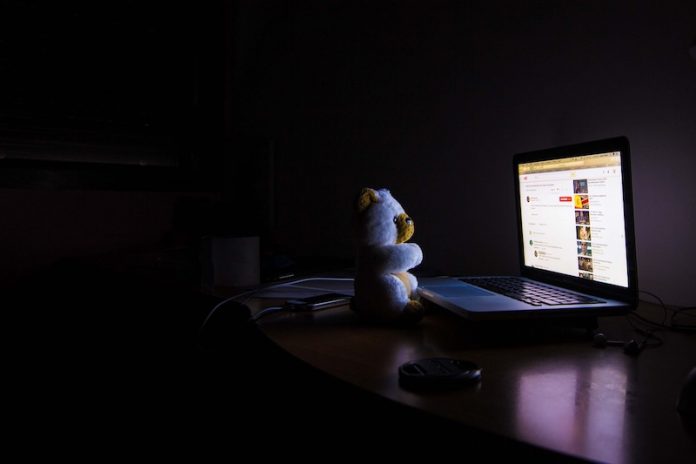
Sleep is important for your physical and mental health.
A lack of quality sleep increases your risk for certain health conditions, including obesity.
A recent study found that sleeping with an artificial light on may also raise your risk of weight gain and obesity.
Your body uses light to control your sleep cycle. The natural light pattern from the sun helps you stay awake during the day and sleep at night.
But you can also be exposed to light at night in many ways, such as a room light, streetlight, television, or mobile device. That may disrupt your sleep.
Researchers asked over 43,000 women, ages 35–74, whether they slept with no light, a small nightlight, light outside the room, or a light or television on in the room.
The women also gave their height, weight, body mass index, and waist and hip sizes. After about five and a half years, scientists gathered the women’s new measurements.
Women who slept with a light or television on were 17% more likely to have gained about 11 pounds or more during the study.
Light from outside the room had less of an impact. Women who slept with a small nightlight or no light had no difference in weight gain.
Other factors may have also contributed to the weight gain, but the researchers took any known factors into account.
“Unhealthy, high-calorie diets and sedentary behaviors have been the most commonly cited factors to explain the continuing rise in obesity,” says NIH researcher Dr. Yong-Moon (Mark) Park.



